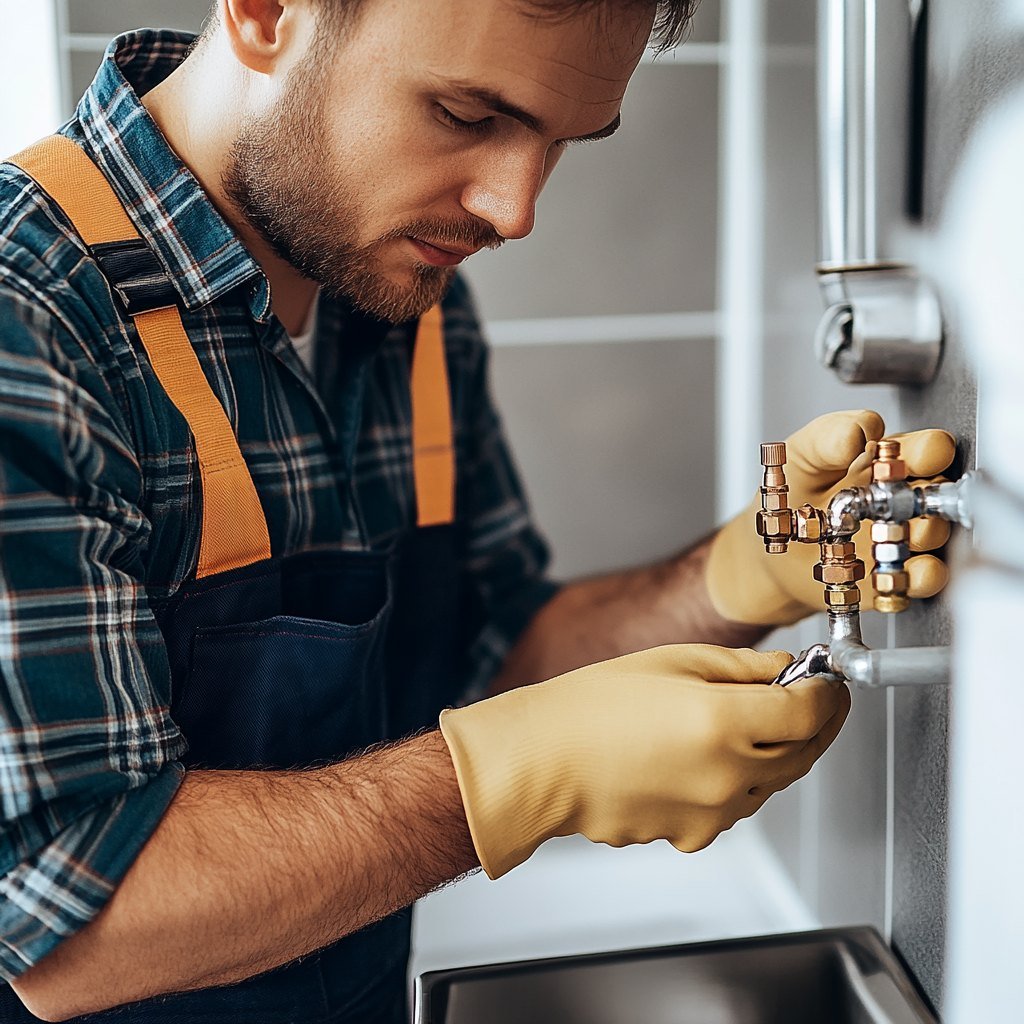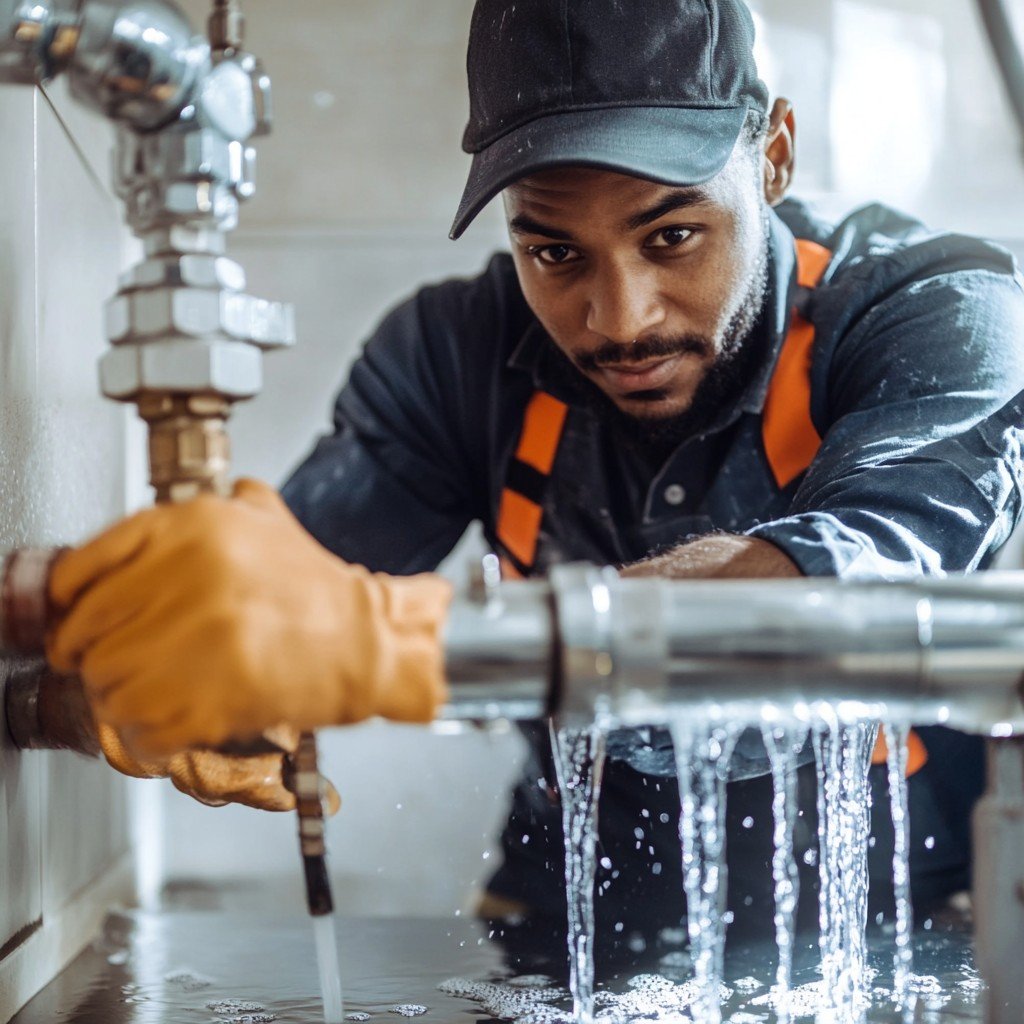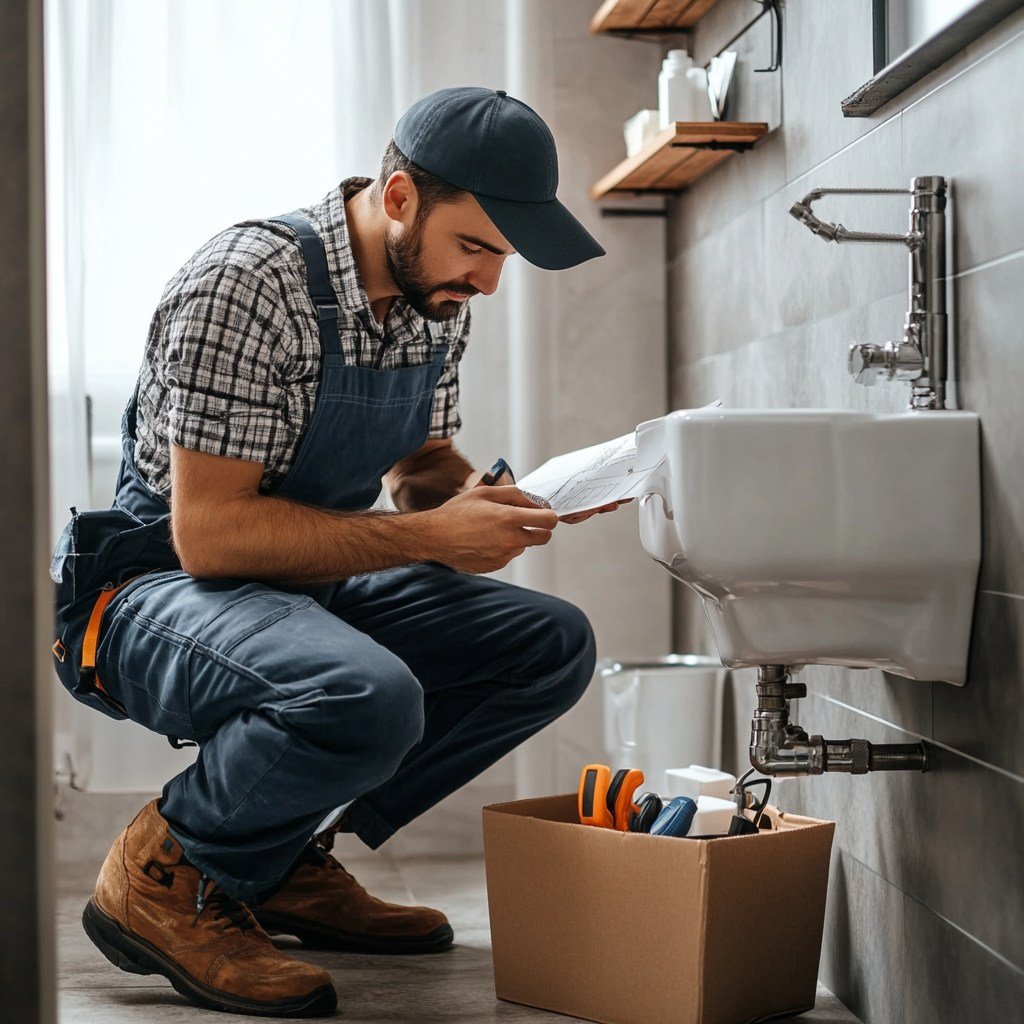Have you ever faced a plumbing emergency and didn’t know who to call? Choosing the right plumber can be a daunting task, especially when you’re dealing with leaks, clogs, or other urgent issues. A good plumber can save you time, money, and stress, while a poor one can make problems worse. In this guide, we’ll walk you through how to choose the right plumber for your needs, ensuring you get quality service when it matters most.
How to Choose the Right Water Heater for Your Home | 10 Must-Have Kitchen Gadgets for Home Chefs
How to Choose the Right Water Heater for Your Home | How to Troubleshoot Common Toilet Problems
1. Assess Your Plumbing Needs
Identify the Problem
Before you start searching for a plumber, it’s essential to understand what kind of plumbing issue you’re facing.
- Emergency Repairs: Burst pipes, severe leaks, or sewage backups.
- Routine Maintenance: Regular inspections, drain cleaning, or minor fixes.
- Installation Services: Installing new fixtures, appliances, or pipework.
Question for you: Is your plumbing issue urgent, or can it wait for a scheduled appointment?
Determine the Complexity
Some plumbers specialise in specific areas.
- Residential Plumbing: Common household issues.
- Commercial Plumbing: Larger systems in businesses or multi-unit buildings.
- Specialised Services: Gas fitting, solar hot water systems, or renovations.
Tip: Knowing the nature of your problem helps in finding a plumber with the right expertise.
2. Ask for Recommendations
Word of Mouth
Personal recommendations are invaluable.
- Friends and Family: They can share their experiences with local plumbers.
- Neighbours: Especially if they have older homes with similar plumbing systems.
Imagine: Your neighbour had a great experience with a plumber who fixed their leaky tap promptly.
Online Reviews
The internet is a rich resource for finding reputable plumbers.
- Review Websites: Check sites like Trustpilot or local business directories.
- Social Media: Community groups often share recommendations and warnings.
- Company Websites: Look for testimonials and case studies.
Scenario: Reading consistent positive reviews can give you confidence in your choice.
3. Verify Licenses and Insurance
Check Credentials
Ensuring your plumber is licensed and insured protects you and your property.
- Licensing: Confirm they have a valid plumbing licence in your region.
- Certifications: Look for additional qualifications or memberships in professional bodies.
- Insurance: They should have public liability insurance to cover any damages.
Question for you: Would you trust someone unlicensed to work on your home’s plumbing?
How to Verify
- Government Websites: Many regions have online databases of licensed professionals.
- Ask Directly: A reputable plumber will provide proof upon request.
Tip: Don’t hesitate to verify credentials; it’s a standard practice.
4. Get Multiple Quotes
Compare Costs
Obtaining several quotes helps you understand the market rate and avoid overpaying.
- Detailed Estimates: Ensure quotes include labour, materials, and any additional fees.
- Transparent Pricing: Be wary of vague estimates or unusually low prices.
- Payment Terms: Understand the payment schedule and accepted methods.
Example: Three plumbers quote £200, £350, and £500 for the same job—investigate why there’s a difference.
Consider Value Over Price
The cheapest option isn’t always the best.
- Experience Level: A more experienced plumber may charge more but offer better service.
- Warranty: Check if they guarantee their work.
Imagine: Paying a bit more upfront could save you from costly future repairs.

5. Ask About Experience and Specialisations
Relevant Experience
A plumber with experience in similar jobs is more likely to deliver quality work.
- Years in Business: Longevity can indicate reliability.
- Special Projects: If you have unique requirements, ensure they have relevant experience.
Scenario: Installing a solar hot water system requires specific expertise.
Training and Education
- Ongoing Training: Plumbers who keep up with the latest technologies and methods.
- Apprenticeships: Indicates formal training and adherence to industry standards.
Question for you: Do you prefer a plumber who continually updates their skills?
6. Evaluate Customer Service
Professionalism Matters
Good customer service reflects how the plumber conducts business.
- Responsiveness: Do they answer calls and emails promptly?
- Punctuality: Arriving on time shows respect for your schedule.
- Communication: Clear explanations of the problem and solutions.
Tip: A plumber who communicates well can make the repair process smoother.
Personal Interaction
- Attitude: Friendly and respectful demeanour.
- Cleanliness: Keeping your home tidy during and after the job.
Example: A plumber who wears shoe covers and cleans up demonstrates professionalism.
7. Check References
Contact Previous Clients
Speaking with past customers can provide insight into the plumber’s reliability.
- Ask for References: A reputable plumber should be willing to provide them.
- Inquire About Experiences: Were they satisfied with the work? Was it completed on time?
Imagine: Hearing glowing reviews from previous clients can give you peace of mind.
Look for Complaints
- Consumer Protection Agencies: Check for any filed complaints.
- Better Business Bureau: See if the plumber has any unresolved issues.
Scenario: Avoiding plumbers with a history of disputes saves you potential headaches.
8. Confirm Availability
Scheduling Matters
Ensure the plumber can accommodate your timing needs.
- Emergency Services: Do they offer 24/7 support if needed?
- Lead Time: How soon can they start the job?
- Duration Estimates: How long will the repair or installation take?
Question for you: Can the plumber start immediately if it’s an emergency?
Geographic Location
- Local Plumbers: Proximity can affect response times and travel fees.
- Service Areas: Confirm they serve your specific location.
Tip: A local plumber may provide faster service in urgent situations.
9. Understand Warranty and Guarantees
Protect Your Investment
A warranty ensures that the plumber stands by their work.
- Labour Warranty: Covers workmanship for a specified period.
- Parts Warranty: Ensure that any installed parts come with a manufacturer’s warranty.
Example: A one-year warranty on labour provides assurance against faulty work.
Get It in Writing
- Written Contracts: Outline the scope of work, costs, and warranty terms.
- Receipt of Payment: Keep records for future reference.
Imagine: Having a clear contract prevents misunderstandings later on.
10. Trust Your Instincts
Make the Final Decision
After gathering all the information, trust your gut feeling.
- Comfort Level: Do you feel comfortable inviting them into your home?
- Reliability: Did they meet appointments and communicate effectively?
- Transparency: Were they honest about costs and potential issues?
Scenario: Choosing a plumber you trust leads to a better overall experience.

Summary Table
| Step | Key Actions |
| 1. Assess Your Plumbing Needs | Identify the problem and its complexity |
| 2. Ask for Recommendations | Seek referrals from friends and online reviews |
| 3. Verify Licenses and Insurance | Check credentials and insurance coverage |
| 4. Get Multiple Quotes | Compare costs and understand value |
| 5. Ask About Experience | Inquire about relevant experience and training |
| 6. Evaluate Customer Service | Assess professionalism and communication |
| 7. Check References | Contact past clients and check for complaints |
| 8. Confirm Availability | Ensure they can meet your scheduling needs |
| 9. Understand Warranty | Review warranties and get agreements in writing |
| 10. Trust Your Instincts | Make a decision based on all factors and your comfort |
Conclusion
Choosing the right plumber doesn’t have to be a stressful process. By following these steps, you can find a qualified professional who meets your needs and provides quality service. Remember, taking the time to research and select the right plumber can save you from future headaches and unexpected costs. So, are you ready to find the perfect plumber for your home?
FAQs
Plumbing costs vary depending on the job’s complexity, location, and the plumber’s experience. It’s best to get multiple quotes for an accurate estimate.
Shut off the main water supply to prevent damage and call a plumber who offers emergency services immediately.
For minor issues like unclogging a drain, DIY solutions may work. However, for complex problems, it’s safer to hire a professional to avoid further damage.
It’s recommended to have a professional inspection every two years to catch potential issues early.
A valid plumbing licence, insurance, and ideally, several years of experience with positive customer reviews.





